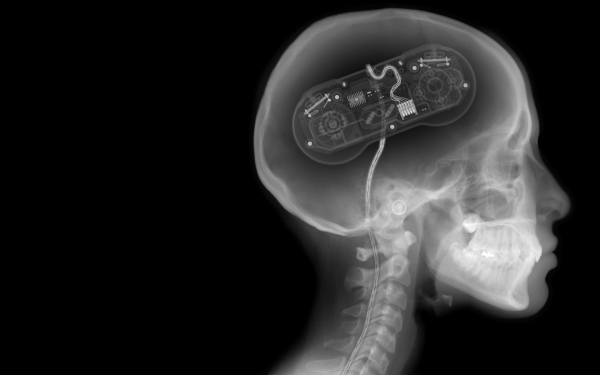Introduction: Rethinking the Stigma of Online Gaming
“For years, online gaming has been unfairly stigmatized,” says Dr. Lisa Miller, a psychologist specializing in digital media. “It’s time to look at the potential positive aspects.” This sentiment is echoed by a growing body of research suggesting that, far from being a mere pastime, online gaming could be shaping individuals in positive ways. Whilst some video games out there are controversial, most aren’t.
Enhancing Cognitive Skills
Online games are not just about quick reflexes. “They can actually serve as a form of cognitive training,” explains Dr. James Zhang, a neuroscientist. A study from the University of Texas supports this, finding that regular gaming can enhance memory, spatial navigation, and reasoning skills. “These are the kinds of cognitive benefits you typically see with brain-training exercises,” adds Dr. Zhang.
Fostering Social Skills and Teamwork
The stereotype of the isolated gamer is fading. “Multiplayer games are inherently social,” notes game developer Anna Green. “They encourage communication, collaboration, and teamwork.” These virtual interactions can translate into improved social skills offline, offering practice in teamwork and cooperation.
Developing Emotional Resilience
“Gaming teaches players about resilience,” states Dr. Miller. Players learn to cope with failure and frustration, which can be beneficial in building emotional strength. “The sense of achievement in games can be a real confidence booster,” she adds.
Improving Problem-Solving and Strategic Thinking
“Games are often complex, requiring strategic thinking and problem-solving,” says Dr. Zhang. Strategy simulations and puzzle-based games, in particular, encourage critical thinking and planning, skills that are highly valuable in real-life situations.
Potential in Educational and Therapeutic Contexts
Educational and therapeutic professionals are beginning to harness the power of gaming. “We’re seeing a real shift in how games are perceived in educational settings,” says educational consultant Mark Thompson. Therapists, too, are exploring gaming’s potential to aid in treating attention deficit disorders and anxiety.
Balancing Gaming with Real-Life Responsibilities
While the benefits of gaming are becoming more recognized, it’s crucial to maintain balance. “Gaming should complement, not replace, real-life experiences,” warns Dr. Miller. Setting time limits and ensuring gaming doesn’t interfere with daily responsibilities is key.
Conclusion: A New Perspective on Online Gaming
Online gaming’s potential to enhance cognitive, social, and emotional skills is increasingly acknowledged. “We’re just beginning to understand how gaming can be a force for good,” concludes Dr. Zhang. By embracing responsible gaming, we can harness its benefits for personal growth and development.
References
- University of Texas Study on Cognitive Benefits of Gaming: UTexas.edu/GamingStudy
- Dr. Lisa Miller’s Insights on Digital Media Psychology: DigitalMediaPsychology.com
- Anna Green on Social Aspects of Gaming: GameDevInsights.com
- Mark Thompson’s Educational Gaming Resources: EduGameResources.com
- Therapeutic Use of Gaming in Treatment: TherapeuticGaming.org


